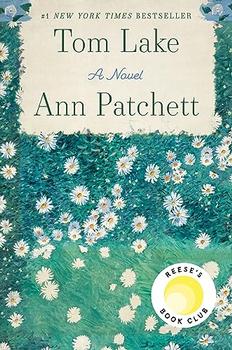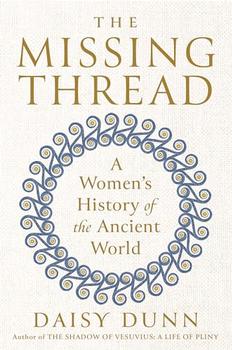Summary | Excerpt | Reading Guide | Reviews | Beyond the Book | Readalikes | Genres & Themes | Author Bio

A Novel
by Ann Patchett
We were rich in Emilys. So many more Emilys than Georges. I knew that from registration. The Emily going out passed the Emily coming in, a girl some fifteen years younger whose yellow hair was loose and shining. She put a little swish in her hips so that her pretty skirt swayed. It was scary to see how fast time goes. I knew the first one would not be getting back in the line.
That George though, I liked him. The Stage Managers had set a very low bar. That George stayed through three more rounds and each time he did something different, something particular that was in response to the Emily he was reading with. When the Emily was shrill, he was matter-of-fact. When the Emily was timid, he was quietly protective. The third one—who knew how she managed it so quickly—started to cry. Just a few tears at first, impressive really, but then she lost control of herself and was bawling. "George, please don't think of that. I don't know why I said it—"
George pulled out his handkerchief. Did they all carry one? He dabbed at her face, making a single shushing sound that somehow, miraculously, shushed her. At the back of the gym I shivered.
Many of the Georges who followed read their lines as if they were trying out for Peter Pan. The older they were, the more they leapt in a scene that did not call for leaping. The Emilys were tremulous, emotive, cramming the breadth of human experience into every line. They were Angry and Sorry and Very Moved. I started to wonder if the part was more difficult than I'd imagined.
Listen to yourself, I wanted to call out from the back of the gym. Listen to what you're saying.
A mediocre George could stay through three or four Emilys simply because he was needed, though if he was hopeless he stayed for only one. The Stage Managers had embarrassed me, and the Georges, at least after the first one, bored me, but the Emilys irritated me deeply. They were playing the smartest student in her high school class as if she were a half-wit. Emily Webb asked questions, told the truth, and knew her mind, while these Emilys bunched up their prairie skirts in their hands and mewled like kittens. Didn't any of them remember what it was like to be the smart girl? No high school girls had come to try out for the part, at least no girls from my high school, probably because there would be too many rehearsals on nights better spent doing homework or waiting tables for tips or hanging out with friends. No one had come to speak for our kind.
And so when Emily and George left the stage, in the moment before the next Emily and George arrived, I turned my chair around. For a minute I told myself I would go back to Doctor Zhivago, but reached for a registration form instead. It wasn't that I wanted to be an actress, it was that I knew that I could do a better job. Name the form said. Stage Name if Different. I printed my name: Laura Kenison. Other than my address, phone number, date of birth, I had nothing to offer, no way to turn my after-school job at Stitch-It into theatrical experience. I listened to the audition behind me. "Well, UP unTIL a YEAR ago I USED to like YOU a LOT," Emily sang. I folded up the registration form and put it in my copy of Pasternak, then took a fresh sheet and started again. This time I spelled my name L-A-R-A, tossing out the "u" my parents had given me at birth because I believed this new spelling to be Russian and worldly. I decided Mr. Martin had been right. I decided that I would be the diamond.
Excerpted from Tom Lake by Ann Patchett. Copyright © 2023 by Ann Patchett. Excerpted by permission of Harper. All rights reserved. No part of this excerpt may be reproduced or reprinted without permission in writing from the publisher.




Your guide toexceptional books
BookBrowse seeks out and recommends the best in contemporary fiction and nonfiction—books that not only engage and entertain but also deepen our understanding of ourselves and the world around us.